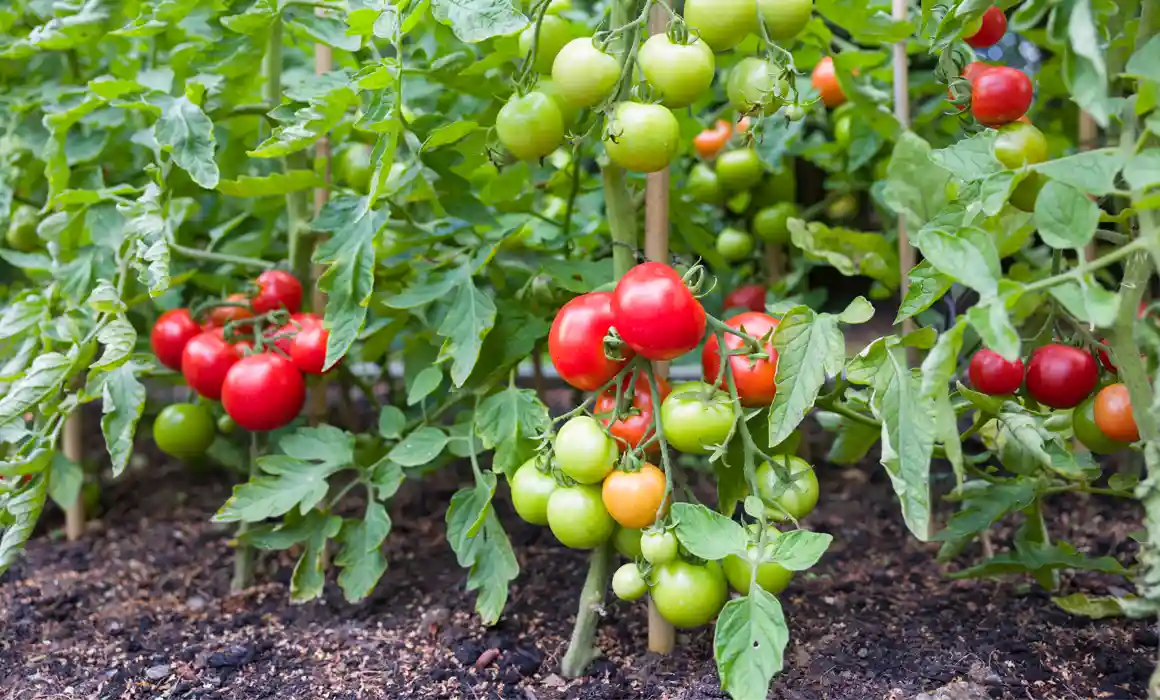Biochar has a long history, and our TerraTonic Biochar has a bright future.
Biochar, a carbon-rich material produced by a specific heating process called pyrolysis, has an ancient history that can be traced back more than 2000 years to agricultural practices used in the Amazonian rainforest.
Ancient Wisdom: The Forgotten Secret of Terra Preta
Indigenous communities, particularly one known as the Terra Preta civilization, used biochar as a soil amendment. (Terra Preta is Portuguese for “dark earth,” referring to the dark and rich soils found in specific areas of the Amazon rainforest.) When modern day scientists and researchers discovered this soil, their interest and curiosity was sparked, which led them to investigate the mysterious origin of this extra fertile soil.
The secret was found to be the intentional adding of biochar to native soil. Though the ancient people didn’t understand the chemical processes involved in pyrolysis, (the controlled burning of biomass in a low-oxygen environment) they did observe that incorporating biochar into the soil led to improved water retention, increased nutrient absorption, and overall plant productivity.
From Ancient Amazon to Modern Science: Biochar’s Renewed Recognition
Fast forward to the 21st century, and biochar has experienced a resurgence in popularity as a sustainable solution for agriculture and carbon sequestration. This is due to several factors:
- Enhanced soil health: Biochar’s porous structure improves aeration and drainage, while also providing a habitat for beneficial microbes. This leads to healthier plants and more productive crops.
- Carbon sequestration: Biochar locks carbon into a stable form, preventing it from being released into the atmosphere as carbon dioxide. This makes it a valuable tool for mitigating climate change.
- Reduced fire risk: Biochar can be produced from forestry residues that would otherwise pose a fire hazard. This makes it a more sustainable alternative to traditional methods of waste disposal.
Beyond Fertility: Biochar’s Multifaceted Benefits for Soil and Climate
The benefits of biochar extend far beyond just improving soil fertility. It can also:
- Reduce pollution: Biochar can absorb and filter pollutants from water and soil.
- Improve water quality: Biochar can help to reduce runoff and erosion, thereby protecting water quality.
- Promote biodiversity: Biochar can create a habitat for beneficial insects and other organisms.
Nature’s Solution for Tomorrow’s Gardens: TerraTonic Biochar
Jeden’s TerraTonic Biochar is a high-quality biochar product that is made from sustainably sourced forestry residues. It is a great way to bring the benefits of Terra Preta to your own garden.
Biochar is a powerful tool that can help us to create a more sustainable future. By using biochar in our gardens and farms, we can help to improve soil health, reduce our carbon footprint, and protect the environment.
Contact Us at (855) 852-0235 or email us at [email protected] to learn how our TerraTonic Biochar can bring the rich Terra Preta qualities to your indoor or outdoor gardens.




